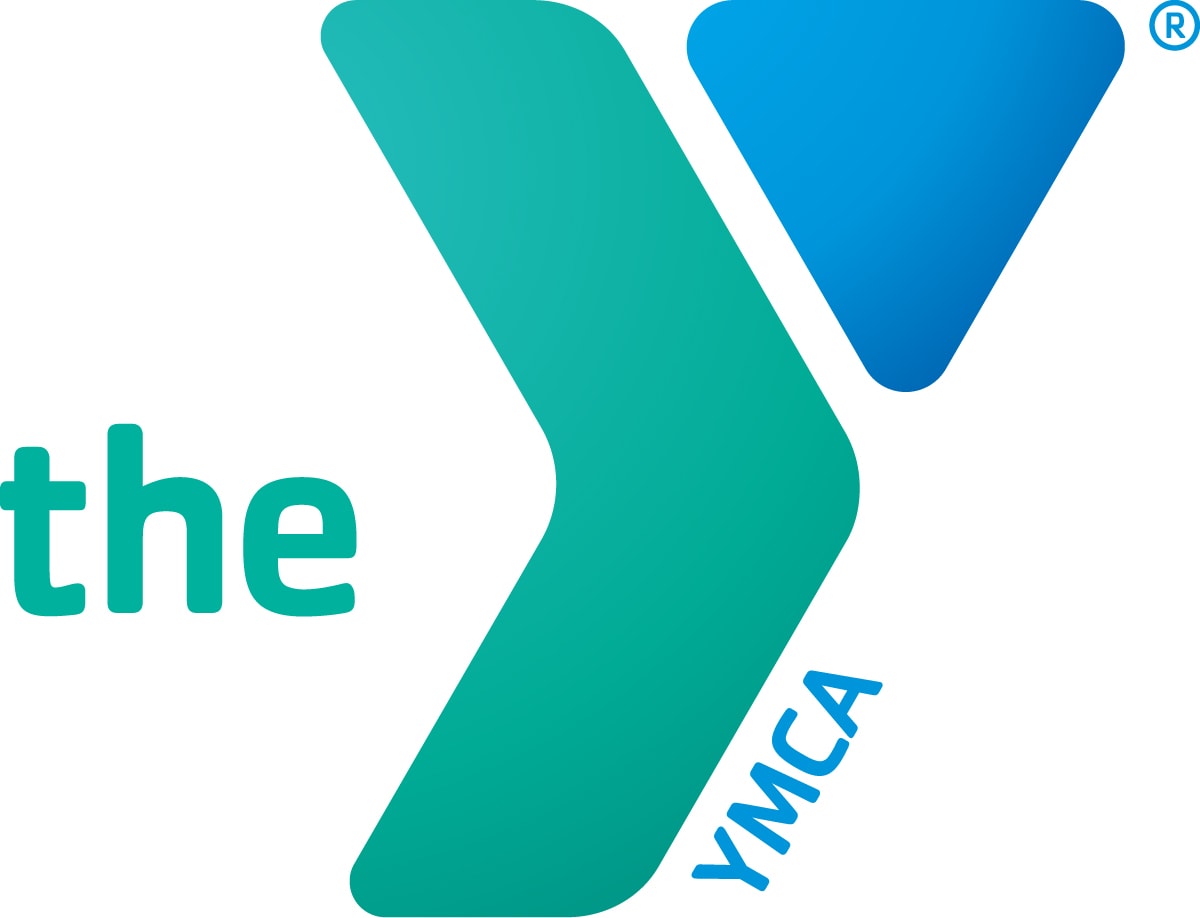By TMoM Team Member Britney Dent
Some studies show that teens who work part-time jobs have lower grades and higher risk for issues like alcohol and drug abuse. Other studies show that early employment leads to higher graduation rates and increased lifetime earnings. What’s a parent to believe?
It turns out that there’s some truth on both sides of the argument, and the choices you make can help determine the outcomes. Read this before your child asks you if they can mow lawns or work at the mall.
Managing the Downside of Part-Time Work for Teens
- Limit the hours. Most of the negative outcomes for teens who work are associated with putting in more than 15 hours a week. As long as you stick to 15 hours per week or less during the school year, you can eliminate most of the risks for a decline in school performance or forming questionable new friendships.
- Write out a budget. Another potential drawback is the tendency for teens to pick up extravagant spending habits that will be tough to break when they’re in college or settling into their first home. Make a plan for how to use their paycheck responsibly.
- Emphasize safety. Some jobs pose more hazards than others. You may want to give your approval for tutoring and counseling at summer camp rather than delivery or construction work.
- Research labor laws. Federal and state laws regulate the hours and type of work that minors can do. Ensure you follow the rules for work permits and other requirements.
- Visit the workplace. Take a first-hand look at where your son or daughter will be employed. Introduce yourself to their new boss. Observe their co-workers.
- Put academics first. Remind your teen that completing their education is their primary job. Agree in advance that being permitted to work is conditional upon maintaining their grades and participating in school activities.
Maximizing the Benefits of Part-Time Work for Teens
- Develop soft skills. Dealing with a demanding boss and dissatisfied customers instills qualities like punctuality and patience. It’s a good complement to classroom education.
- Save for the future. While your teen may want to keep some of their paycheck for buying burgers and music, encourage them to put aside money for something more lasting. The funds will come in handy as tuition costs or living expenses rise.
- Review career plans. If possible, consider a job that aligns with your child’s interests in sports medicine or ethnic jewelry. They’ll feel more motivated and may even find a mentor.
- Practice job hunting. Just looking for a job is valuable training. Your child can practice browsing job boards, filling out applications, and interviewing before they face the financial pressures that come with living on their own.
- Gather references. Wherever your sons or daughters work, their supervisors can provide positive recommendations for college applications and future jobs. These early contacts can be the beginning of your child’s professional network.
- Provide supervision. Are you concerned about what your teen is doing in the hours between school letting out and your arriving home from work? A shift at the local coffee shop will fill that time.
- Teach diversity. A part time job can be a unique opportunity to introduce teens to a wide variety of citizens from different backgrounds.
As a parent, you can guide your child towards making their first work experience a rewarding investment in their future. Hold down the number of hours and discuss responsible budgeting so they’ll be prepared for academic and career success.
Teen Part-Time Job Opportunities
Here are some local jobs that teens deem as their favorites. Minimum age requirements are in parenthesis next to each business, however check with each individual place as they may vary from location to location. Some allow workers as young as 14, and all accept those 16+.
- Jimmy John’s (must be 16 to work in store; age 18 for drivers)
- Rockin’ Jump (16+) *for both Winston-Salem and Greensboro locations
- Panera Bread (16+)
- Best Buy (16+)
- Target (16+)
- Chuck E Cheese (16+)
- Lowes Foods (16+)
- Harris Teeter (16+)
- J.Crew (16+)
- GAP (16+)
- Starbucks (16+)
- Lifeguard (Age minimum is 15 or 16 depending on location)
- Chick-Fil-A (15+)
- Subway (15+)
- Publix (15+)
- McDonald’s (starting age 14 for some locations)
- AMC Cinema (14+)
- Baskin Robbins (14+)
- Ben & Jerry’s (14+)
- Dairy Queen (14+)
- Publix (14+)
- Childcare / Camp Counselor (age minimum depends on location)
Starting a business is also a viable option for teens. Not only does it look great for colleges and future employers, but it can be incredibly rewarding (and sometimes lucrative). Here are some popular entrepreneurial ideas for teens:
- Babysitting
- Lawn Care
- Dog Walking
- Pet Sitting
- Washing Cars
- Yard Sale/ Consignment
- Mother’s Helper
- Errand runner
What was your first job? I bet it’s something you remember. What memorable first job will your child have? Let us know in the comments.
Want to see more blogs like this and also get notifications on local events and happenings? Subscribe to our free weekly newsletters here.










